June 16, 2025 | 19:04 GMT +7
June 16, 2025 | 19:04 GMT +7
Hotline: 0913.378.918
June 16, 2025 | 19:04 GMT +7
Hotline: 0913.378.918
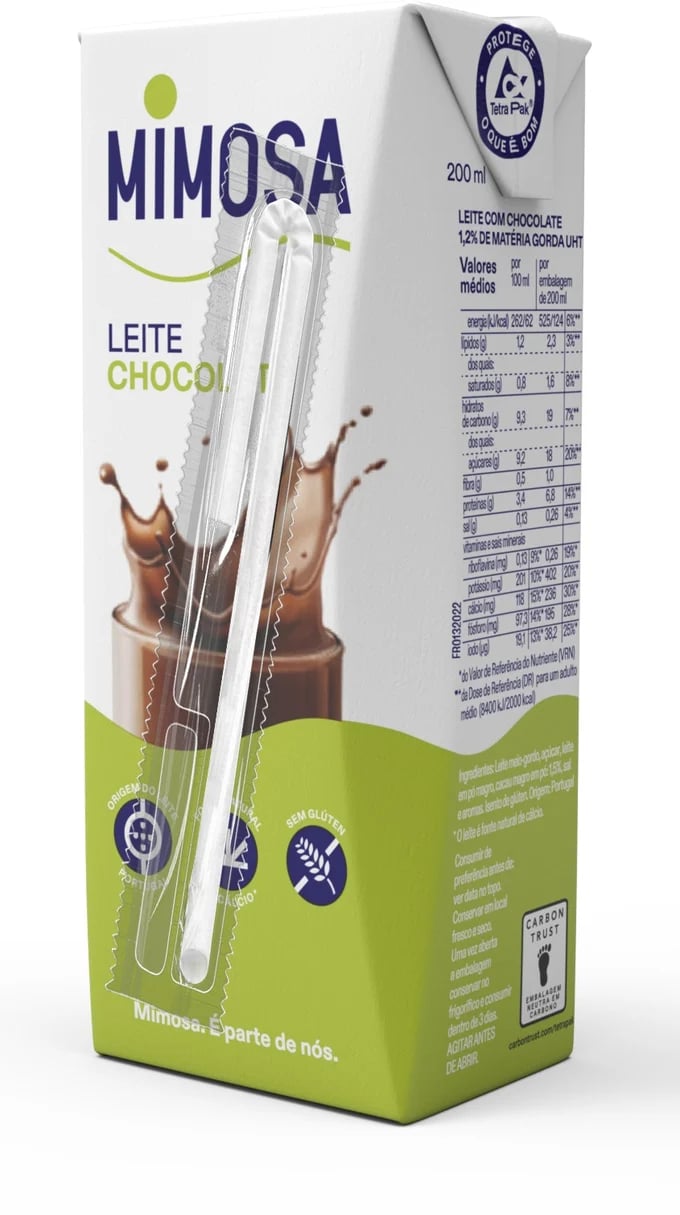
Launching sterilized beverage cartons with a barrier layer made from paper.
This is part of a large-scale technology testing process with about 25 million boxes and is being carried out in Portugal.
This packaging model is made from about 80% cardboard, increasing renewable content to 90%, reducing carbon emissions by 1/3 (33%) and has been certified carbon neutral 2 by the Carbon Trust™.
Greenhouse gas emissions, food waste and plastic waste are the top three environmental sustainability issues obstructing food and beverage (F&B) businesses. And it is expected that these will continue to be the top concerns over the next 5 years.
Packaging solutions that increase paper usage, reduce greenhouse gases, and ensure food safety can help the F&B industry overcome these challenges.
In 2015, Tetra Pak was the first company in the industry to introduce packaging made entirely from renewable materials of plant origin (paperboard and plastic with sugarcane origin).
Not only suitable for cold chain distribution, the plant-based Tetra Rex® packaging is fully recyclable. To date, the company has provided about 6.5 billion of these packages to customers around the world.
Now, in cooperation with Lactogal, the Tetra Brik® Aseptic 200 Slim Leaf packaging model has been launched with a paper layer and has provided a packaging solution that is dispensable under typical environmental conditions, while achieving the 90% renewable content mark.
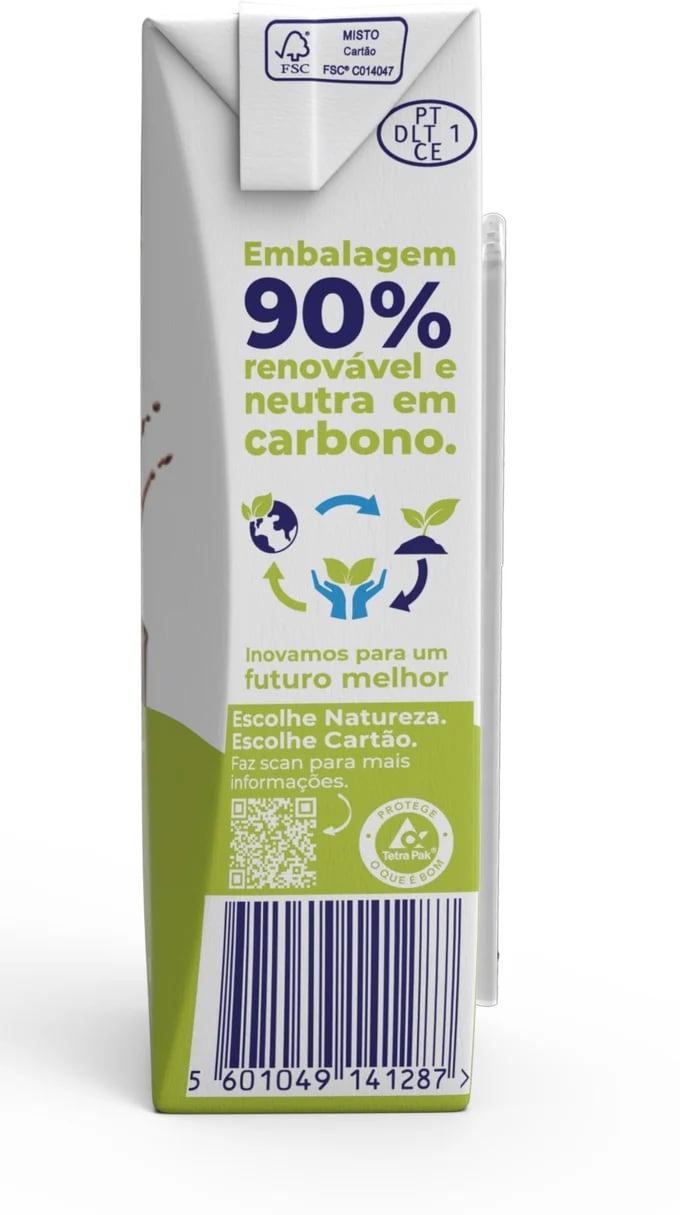
This packaging model is made from about 80% cardboard, helping to increase renewable content to 90%, reducing carbon emissions by 33%.
This brings us one step closer to our ambition of producing beverage cartons entirely from renewable or recycled materials that are morally sourced, fully recyclable and carbon neutral.
Mr José Capela, President of Lactogal, shared: “Our partnership with Tetra Pak revolves around a shared belief that a more sustainable future is possible. The fact that the new packaging reduces greenhouse gas emissions by 33% and achieves Carbon Trust™ Carbon Neutral certification is an important achievement towards this goal”.
Mr. Ola Elmqvist, Executive Vice President in charge of Packaging Solutions, Tetra Pak added: “By partnering with Lactogal, we are demonstrating that it is possible to enhance the sustainability of sterilized beverage cartons while ensuring food safety and increasing food accessibility.”
Translated by Hoang Duy

(VAN) Noting risks, report examines impacts of avian influenza, changing trade patterns since 2022, fish fraud, and shipping industry’s net-zero goals.

(VAN) Mr. Tran Quang Bao, General Director of the Forestry and Forest Protection Department, met and worked with the International Wood Products Association to promote cooperation in the field of timber trade.

(VAN) China's outbound shipments of rare earths in May jumped 23% on the month to their highest in a year, though Beijing's export curbs on some of the critical minerals halted some overseas sales.

(VAN) To sustain capital flow, administrative reform alone is not enough; what farmers truly need is an ecosystem where both government and businesses grow together in support.
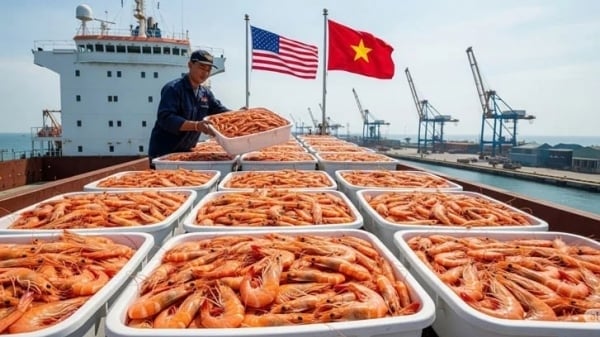
(VAN) Vietnam and the United States are proactively working together, each in their own way, to ensure that every container of agricultural goods carries not just products, but also long-term trust and value.
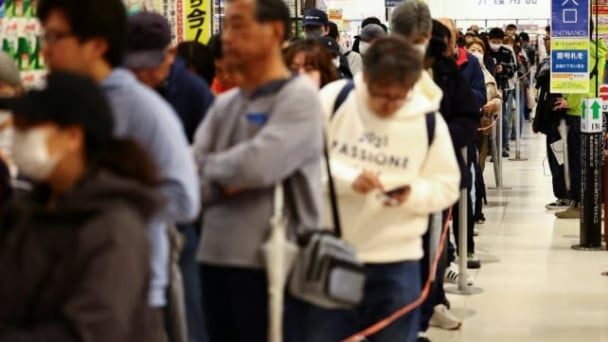
(VAN) Stores have started selling rice from the government’s stockpile to feed demand for the staple.
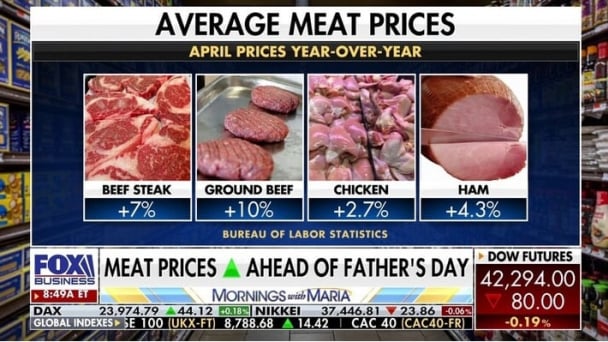
(VAN) Omaha Steaks CEO says rebuilding cattle herds will take about a year to ease price pressures.